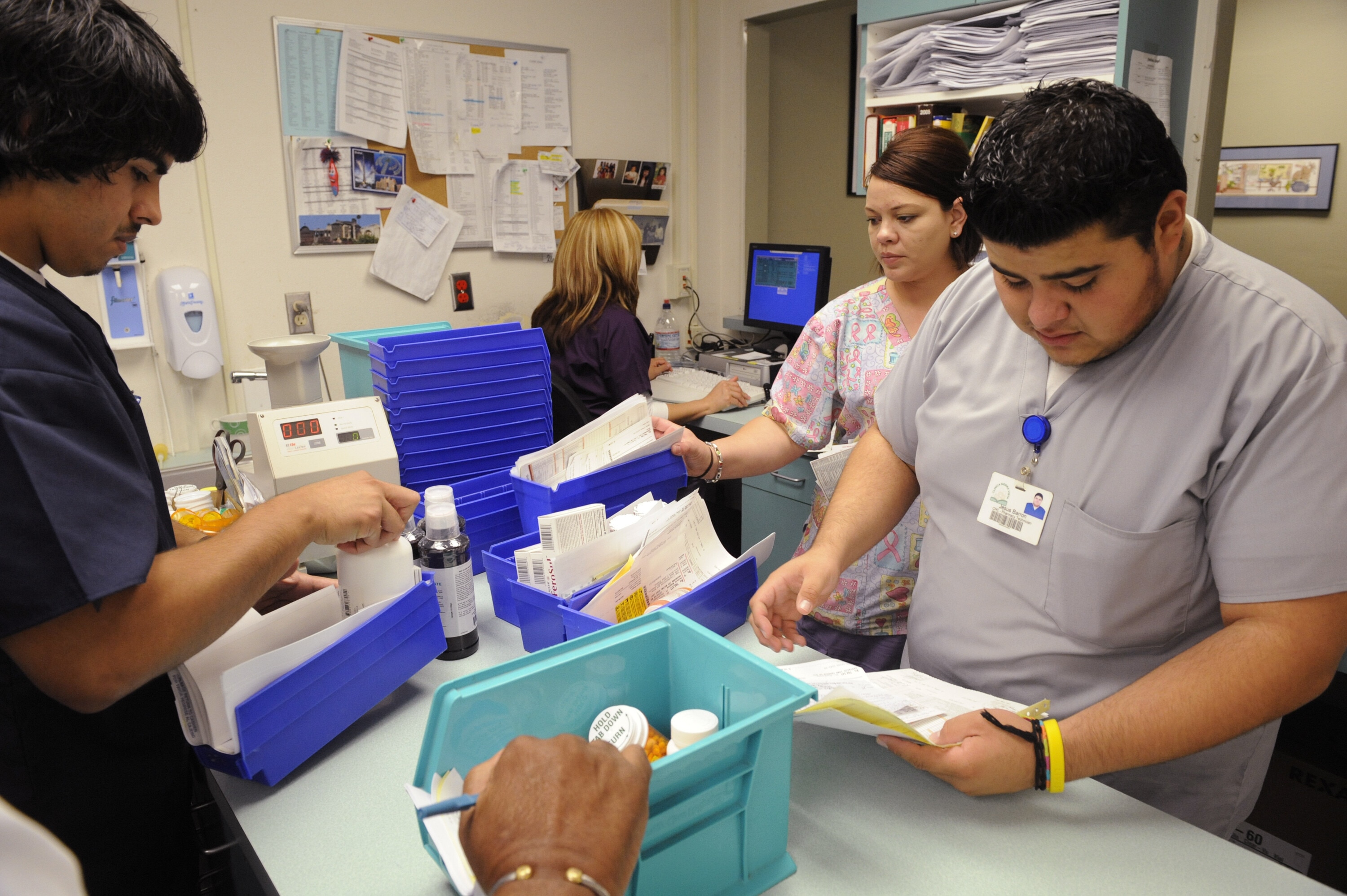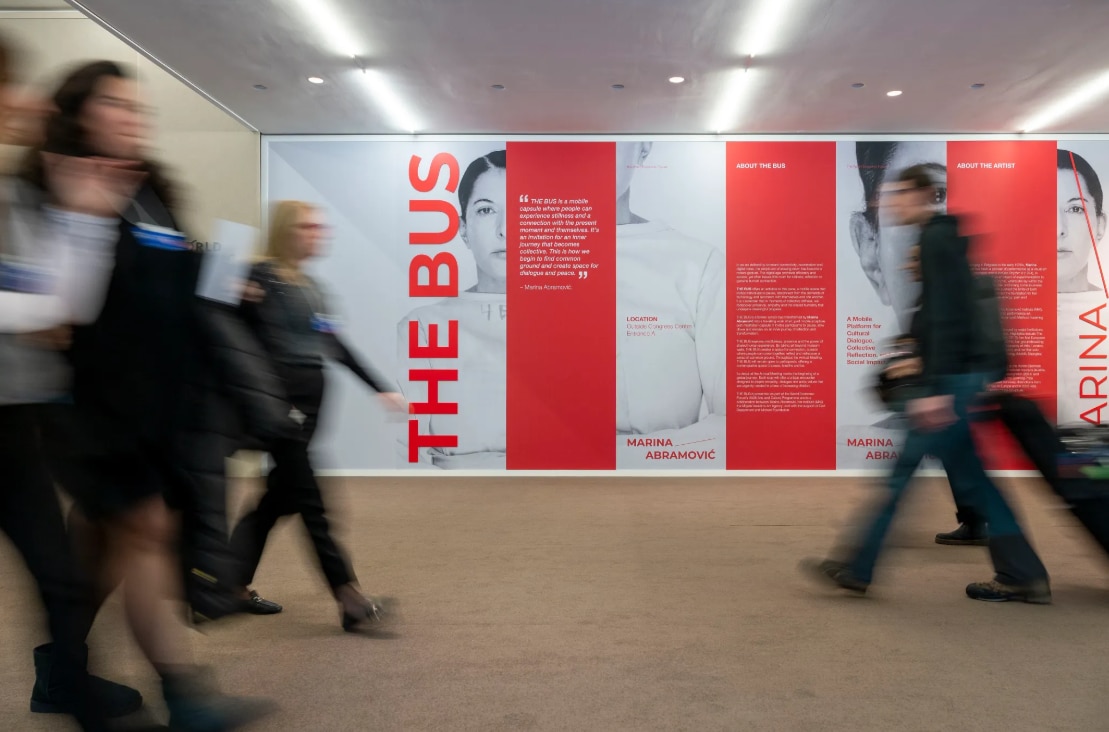The death toll from the Congo's nine-month Ebola outbreak has surpassed 1,000

The outbreak has been happening for over nine-months now. Image: REUTERS/Baz Ratner
The death toll from an Ebola outbreak in Congo has risen above 1,000, with attacks on treatment centers continuing to hamper efforts to control the “intense transmission” of the second-worst epidemic of the virus on record.
The World Health Organization said it expected the nine-month outbreak to continue spreading though the east of Democratic Republic of Congo, and announced plans to expand vaccinations in the coming weeks once a new treatment by Johnson & Johnson is approved.
The WHO is already using another experimental vaccine made by Merck.
Michael Ryan, executive director of WHO’s Health Emergencies Programme, said supplies were plentiful but hostility towards medical staff was making it hard to get to affected communities.
He told reporters in Geneva that 119 attacks had been documented since January, and as a result, “we are anticipating a scenario of continued intense transmission”.
More than 100,000 people have been vaccinated so far, and the treatment has been highly effective, the WHO says.
The Merck vaccine will still be used in “ring vaccination” of people exposed to the virus and their contacts, Ryan said, but the WHO is also studying use of a single dose to stretch supplies, an option experts would review on Monday.
The Johnson & Johnson vaccine would be deployed outside the rings in surrounding areas to protect people from infection, “as a way of laying down a barrier to the virus”, Ryan said.
Congo’s Health Ministry said on Friday, May 3, that 14 new Ebola deaths had been recorded, taking the toll to 1,008 deaths from confirmed and probable cases.
Only the 2013-2016 outbreak in West Africa has been deadlier. More than 11,000 people died then out of 28,000 who were infected.
Despite significant medical advances since then, including the vaccine and experimental treatments, health officials have struggled to control the current outbreak because of the violence and community mistrust in eastern Congo, where dozens of militias are active.
Militiamen attacked a hospital treating Ebola patients two weeks ago, killing a senior WHO epidemiologist and wounding two others.

“The numbers are nothing short of terrifying,” said Jeremy Farrar, an infectious disease specialist and director of the global health charity the Wellcome Trust.
Mike Ryan, Executive Director of the World Health Organisation (WHO) attends a news conference on the Ebola outbreak in the Democratic Republic of Congo at the United Nations in Geneva, Switzerland May 3, 2019. REUTERS/Denis Balibouse
“This epidemic will not be brought under control without a really significant shift in the response,” he said. “Community trust and safety, as well as community engagement and ownership of the response is critical.”
There was an attempted assault on an Ebola treatment facility in the city of Butembo on Thursday, but nobody was injured and the assailants were captured, the WHO’s Ryan said.
Don't miss any update on this topic
Create a free account and access your personalized content collection with our latest publications and analyses.
License and Republishing
World Economic Forum articles may be republished in accordance with the Creative Commons Attribution-NonCommercial-NoDerivatives 4.0 International Public License, and in accordance with our Terms of Use.
The views expressed in this article are those of the author alone and not the World Economic Forum.
Stay up to date:
Global Health
Related topics:
Forum Stories newsletter
Bringing you weekly curated insights and analysis on the global issues that matter.
More on Health and Healthcare SystemsSee all
Cynderella Carlynda “Cyndy” Galimpin
February 9, 2026






